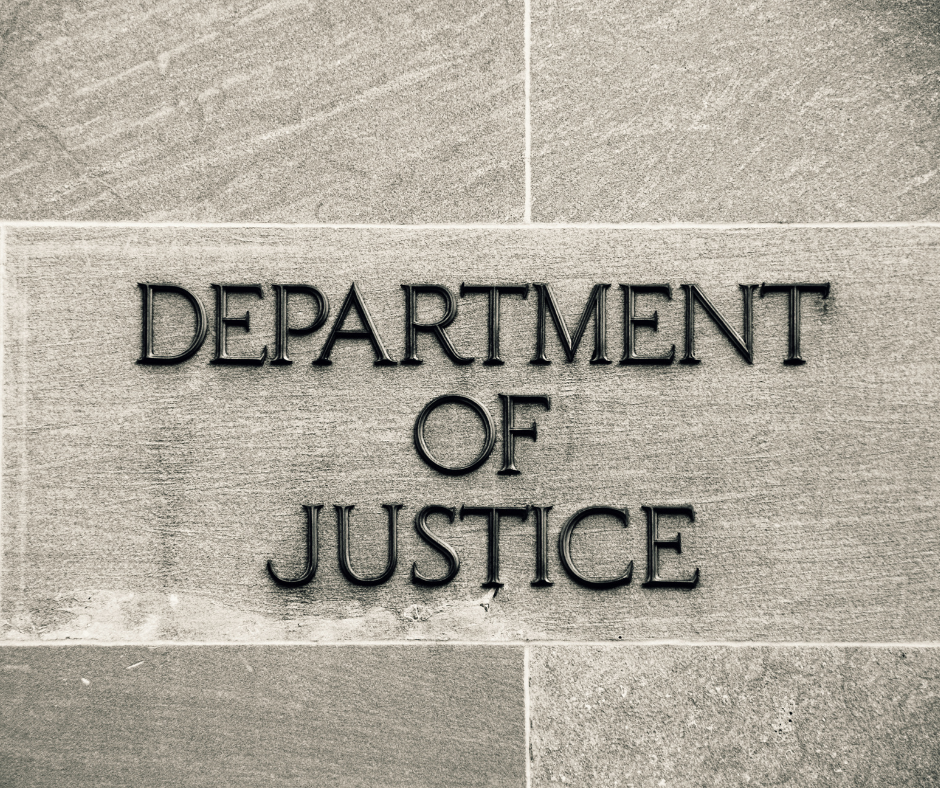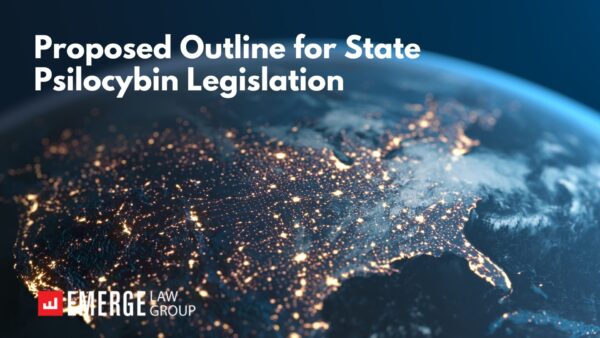In November 2020, Oregon voters approved a first of its kind initiative to make psilocybin therapy legal under Oregon state law. The Oregon Psilocybin Services Act (PSA) is heavily regulatory, establishing a two year ‘development period’ for development of regulations by the Oregon Health Authority (OHA), advised by a Psilocybin Advisory Board to be established within OHA, governing the manufacture, transportation, delivery, sale and purchase of psilocybin products and the provision of psilocybin therapy services. Services must take place with a trained and licensed psilocybin facilitator at a licensed psilocybin services facility, and must consist of a preparation session, an administration session, and an integration session. Assuming all requirements are met, licensees are exempt from the criminal laws of Oregon for possession, delivery or manufacture of psilocybin, aiding and abetting another in the possession, delivery or manufacture of psilocybin, or any other criminal offense in which possession, delivery or manufacture of psilocybin is an element.
This is promising for those seeking relief from a variety of mental health challenges.
However, the PSA only makes psilocybin legal under State law; psilocybin will remain illegal under the federal Controlled Substances Act unless and until it is rescheduled by the DEA or another federal law makes access legal.
It is possible that a form of “cooperative federalism” could arise with regard to psilocybin use in Oregon. This is an approach where the federal government refrains from taking prosecutorial action if state law permits use. A helpful analysis of how this evolved in the context of cannabis is presented in this article by my colleague Professor Erwin Chemerinsky: Cooperative Federalism and Marijuana Regulation, 62 UCLA L. Rev. 74 (2015).
The shelter provided by this approach depends on the policy of the U.S. Department of Justice, which can change as the political winds or office holder changes—as was the case with cannabis. The Obama administration initially threatened to “vigorously enforce” the CSA against California, then poised to be the first state to legalize cannabis. However, after states began legalizing the cannabis marketplace, U.S. Deputy Attorney General James Cole issued a memorandum articulating a policy to refrain from federal enforcement (“The Cole Memo,” August 29, 2013). This was subsequently rescinded by Attorney General Sessions during the Trump administration. (“The Sessions Memo,” January 4, 2018).
With the Biden administration’s new Attorney General, it appears the cooperative federalism approach will be revived. In comments in his confirmation hearing, nominee Merrick Garland expressed the view that it is not “a useful use of limited resources” to go after people who are complying with state laws, and that the Justice Department would adopt a “hands-off” policy for enforcing federal drug laws where states have adopted law permitting and regulating. “It does not seem to me useful the use of limited resources that we have to be pursuing prosecutions in states that have legalized and are regulating the use” … “I don’t think it’s a good use of our resources where states have already authorized, and it only confuses people obviously within the state.”
This reasoning may apply to psilocybin as well, boding well for Oregon’s pioneering Psilocybin Services Act. If you have any questions regarding how the changing federal landscape may affect your business, please reach out to either of the Co-Chairs of the Psychedelic Practice group at Emerge for assistance. Shareholder Dave Kopilak was the principal drafter of the PSA. Special Counsel Kathryn Tucker brought voices from the end of life care community to support the PSA.





